
Mosquitoes Discovered in Iceland for the First Time: A Warning of Climate Change Effects
For the first time in recorded history, mosquitoes have been found in Iceland, a country previously free of these insects due to its harsh climate. The discovery, confirmed by scientists from the Natural Science Institute of Iceland, marks a significant ecological shift in the region. The mosquitoes identified are of the species Culiseta annulata, which is known to thrive in colder climates.
Three mosquitoes were collected near the Kjós area, located in the southwestern part of the country. Their presence has raised concerns about the impact of climate change, as Iceland's rising temperatures are believed to be contributing to the arrival of species that were once unable to survive in the region. Arctic and subarctic areas are warming at a rate faster than the global average, creating conditions that could allow species typically found in more temperate regions to establish new populations.
While Culiseta annulata is not currently associated with the spread of dangerous diseases, experts see the discovery as a significant warning sign of how shifting climates can lead to new ecological and public health challenges. The spread of mosquitoes to previously inhospitable regions could signal the potential for other species to follow suit, altering local ecosystems and possibly introducing new health risks.
Researchers remain cautious about whether the mosquitoes will be able to establish stable populations in Iceland. The island's traditionally severe winters, which were once a barrier to such species, could still limit their survival. However, as climate change continues to alter weather patterns and temperatures, the likelihood of such species adapting to new environments grows.
This unexpected discovery serves as a stark reminder of how climate change is affecting ecosystems worldwide, potentially opening the door for species migration and the introduction of new public health concerns. Scientists are monitoring the situation closely, as further research will be necessary to understand the full implications of this ecological shift.
News in the same category


Transforming Oil into Green Prosperity: The Success of Norway’s Sovereign Wealth Fund

Maximize Broccoli's Cancer-Fighting Power: The Simple Trick That Boosts Sulforaphane Formation
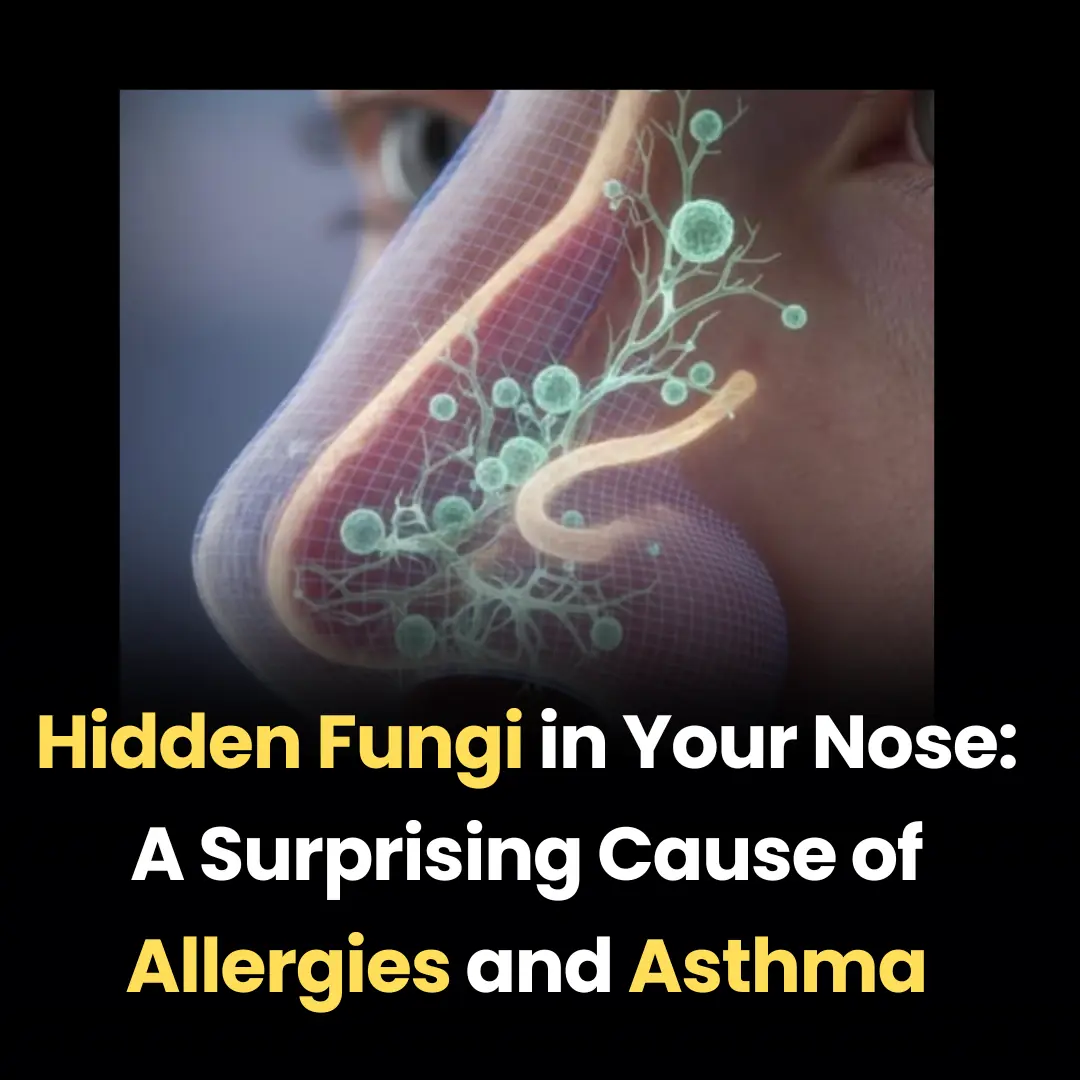
Hidden Fungi in Your Nose: A Surprising Cause of Allergies and Asthma

From Dialysis to Remission: How New Drugs Are Changing the Fight Against Chronic Kidney Disease
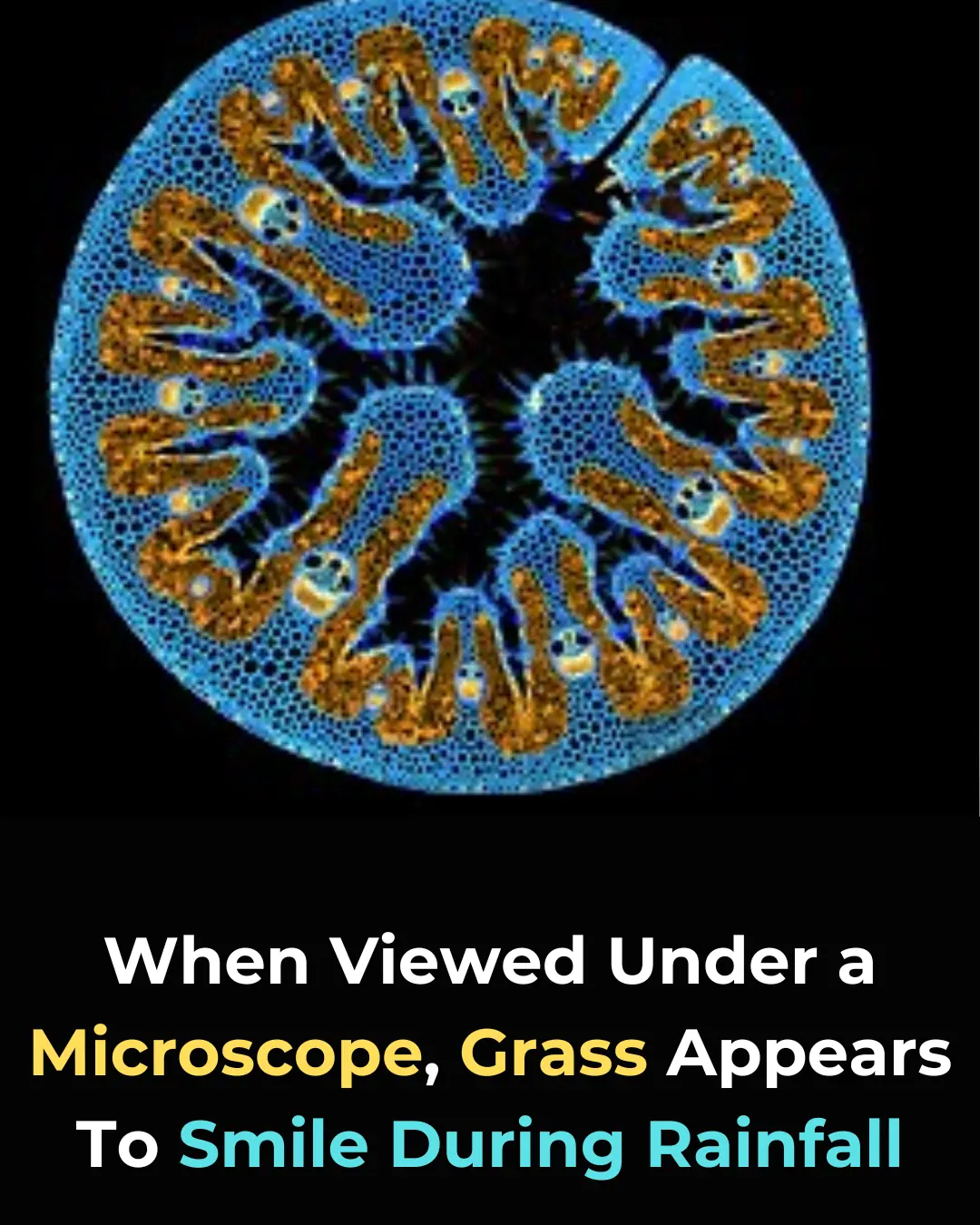
The Hidden Beauty of Grass: Discovering Smiling Faces Under the Microscope
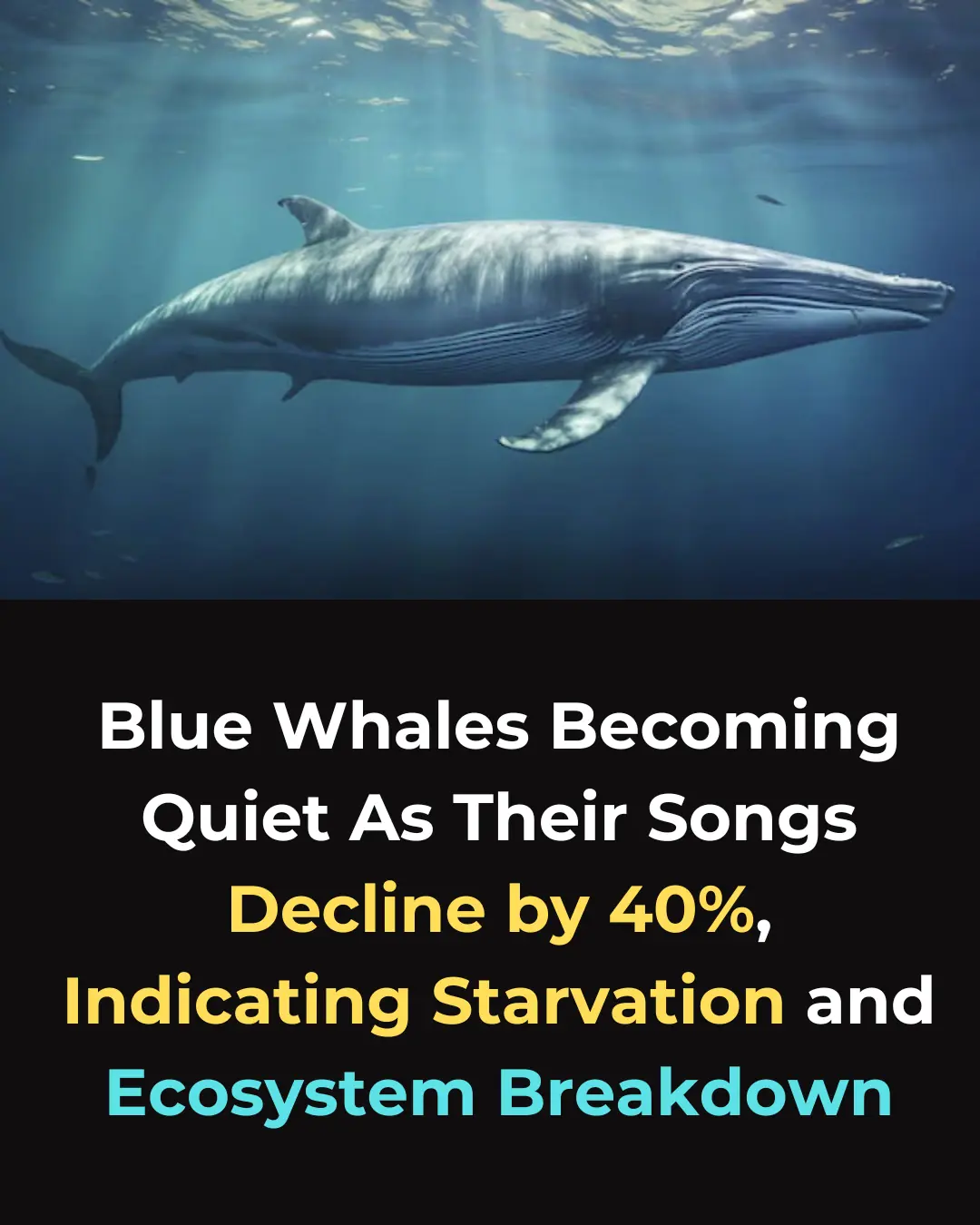
The Quiet of Blue Whales: How Climate Change is Affecting Whale Behavior and Ecosystems
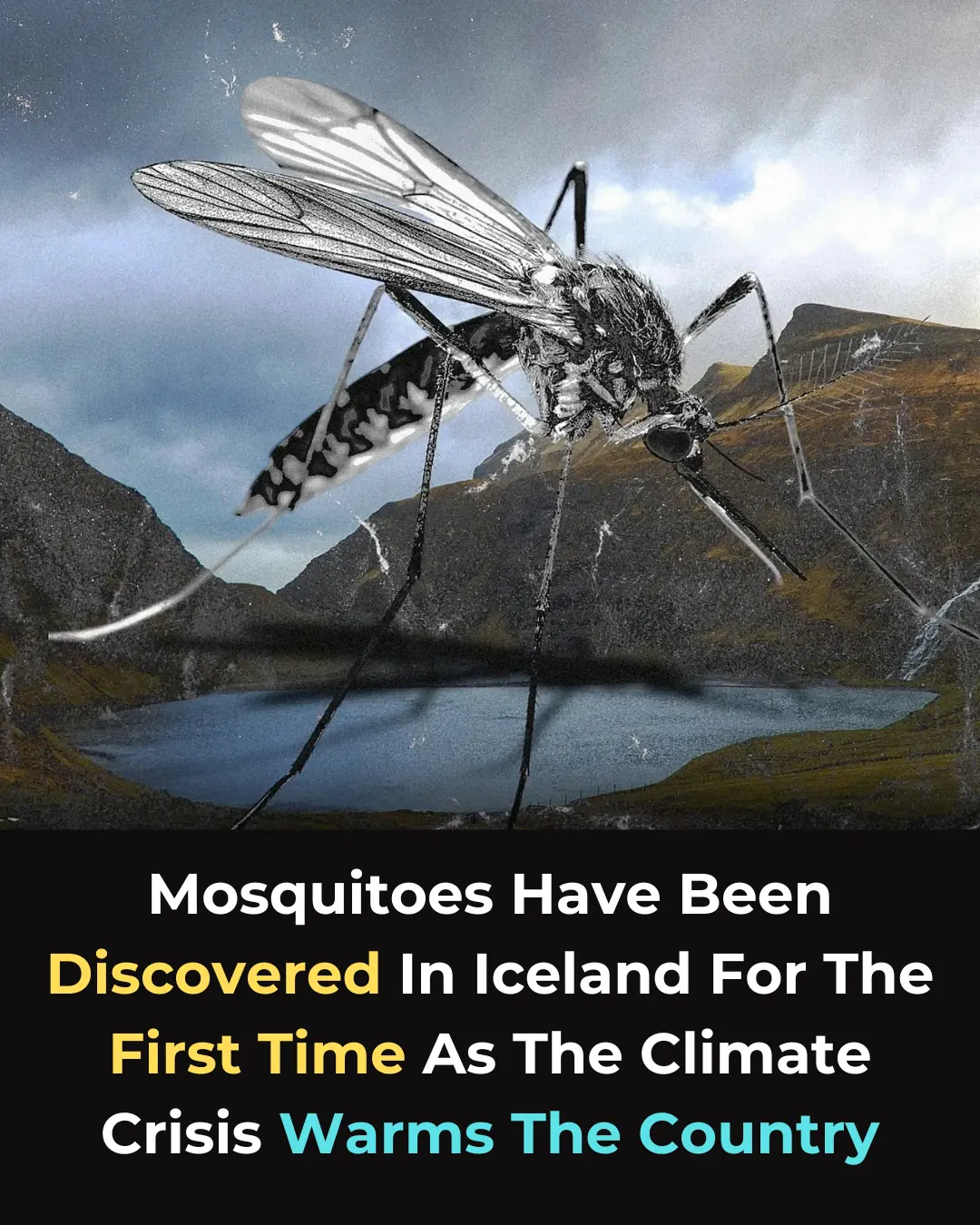
The Arrival of Mosquitoes in Iceland: A Sign of Shifting Ecosystems and Public Health Risks

PP405: A Promising New Drug That Could Revolutionize Hair Loss Treatment by Reactivating Dormant Hair Follicles

Astronomers Capture Groundbreaking Image of New Solar System Formation

Denmark's 'Rolling Grocer' Initiative Brings Fresh Food and Community Connection to Rural Seniors

Denis Vashurin: The Man Who Appears as a Teenager Despite Being in His 40s

M.K. Prakasan: The Teacher Who Swims 12 km Daily to Educate Students in Kerala

Belgian Prodigy Laurent Simons Earns PhD in Quantum Physics at Just 15 Years Old

Revolutionary Cancer Treatment: Activating Immune Structures Within Tumors to Shrink Cancer and Prevent Relapse

Linking Digestive Health, Vitamin D, and Neurodegenerative Diseases: A Pathway to Cognitive Health
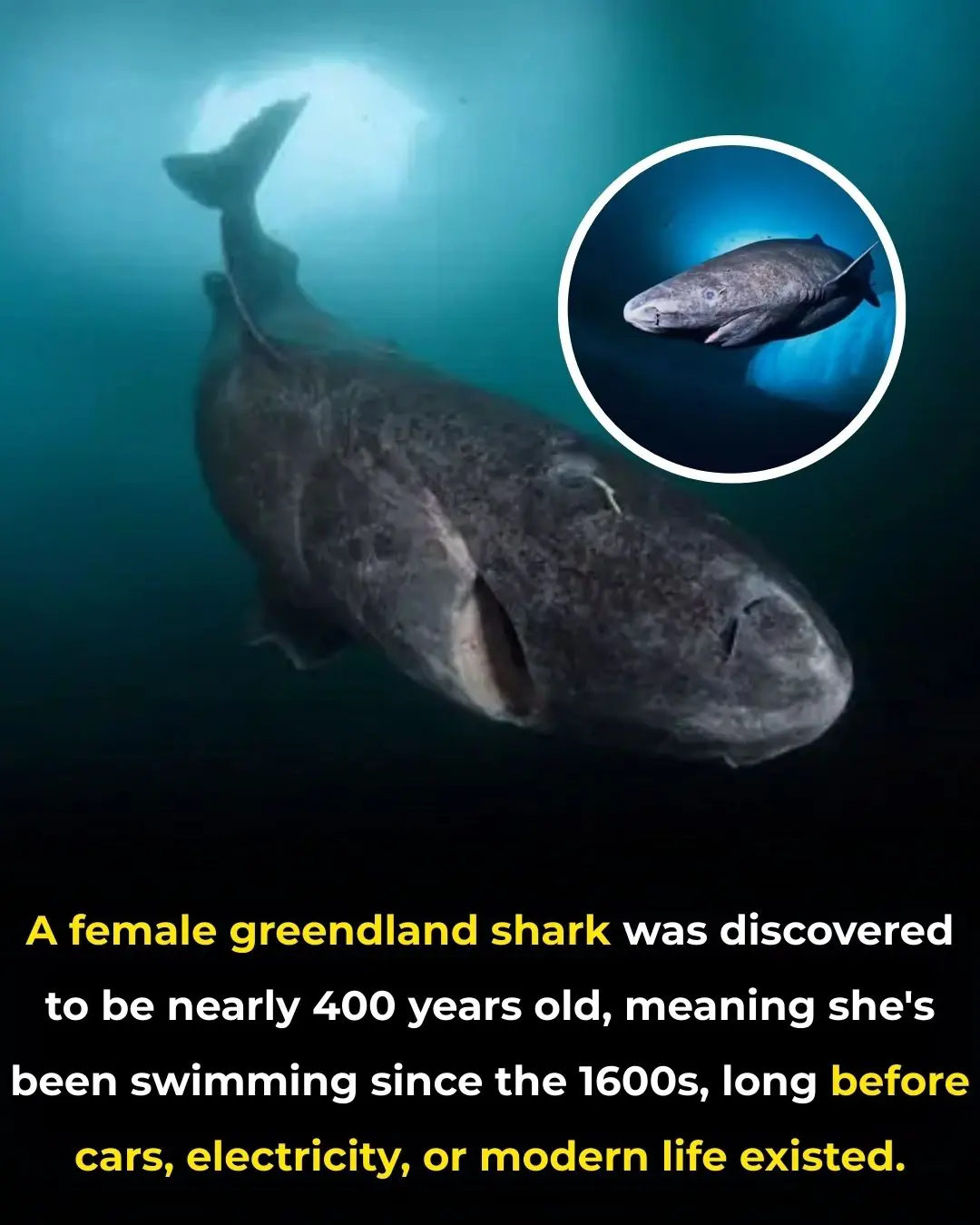
The 400-Year-Old Greenland Shark: A Living Witness to Centuries

The Hidden Dangers of Long-Term Energy Drink Consumption
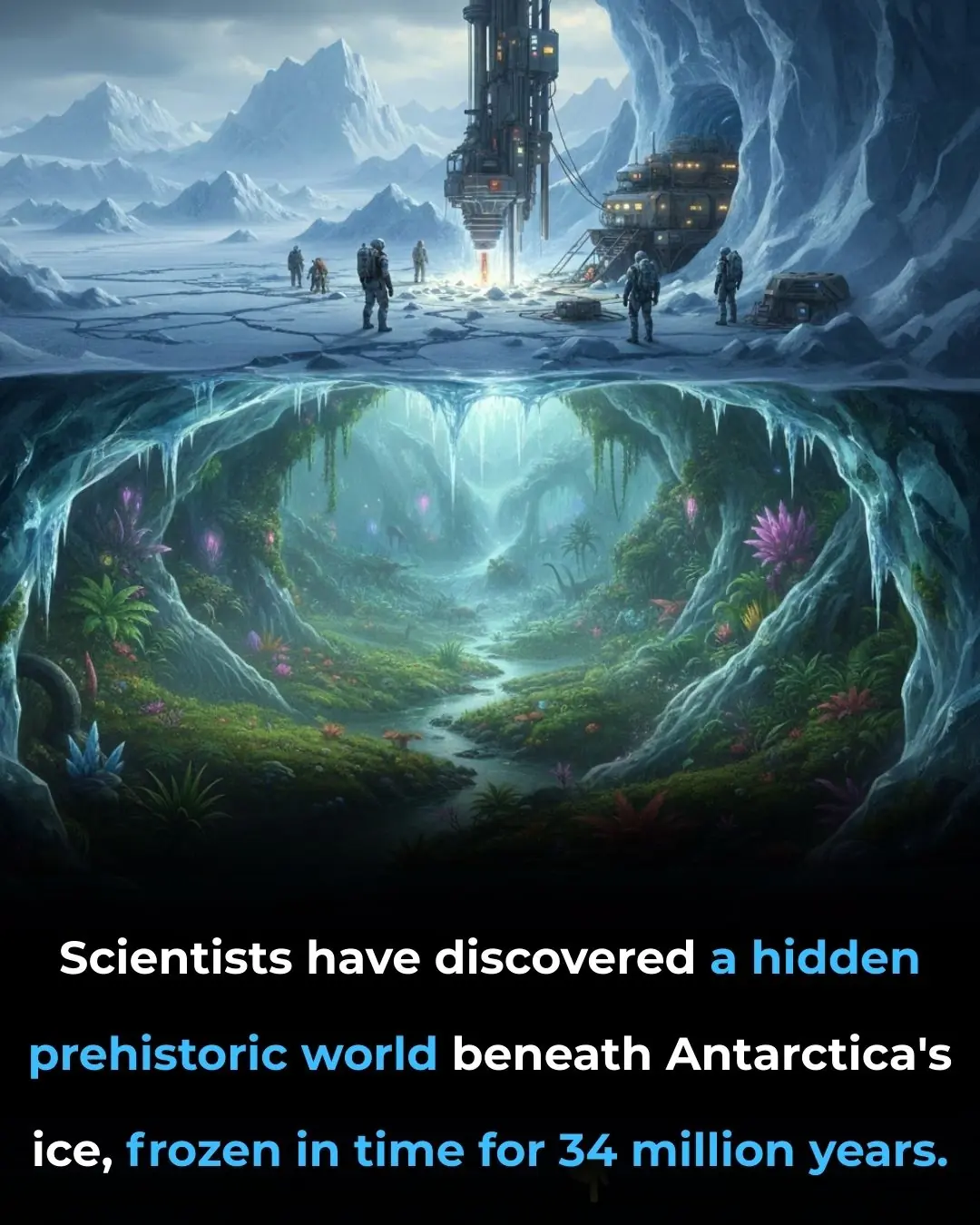
Frozen Time Capsule: Scientists Reveal Ancient Antarctic Landscape
News Post

From Space to Earth: The Science Behind Felix Baumgartner’s Record-Breaking Jump

Transforming Oil into Green Prosperity: The Success of Norway’s Sovereign Wealth Fund

Maximize Broccoli's Cancer-Fighting Power: The Simple Trick That Boosts Sulforaphane Formation

Hidden Fungi in Your Nose: A Surprising Cause of Allergies and Asthma

From Dialysis to Remission: How New Drugs Are Changing the Fight Against Chronic Kidney Disease

The Hidden Beauty of Grass: Discovering Smiling Faces Under the Microscope

The Quiet of Blue Whales: How Climate Change is Affecting Whale Behavior and Ecosystems

The Arrival of Mosquitoes in Iceland: A Sign of Shifting Ecosystems and Public Health Risks

PP405: A Promising New Drug That Could Revolutionize Hair Loss Treatment by Reactivating Dormant Hair Follicles

Astronomers Capture Groundbreaking Image of New Solar System Formation

Denmark's 'Rolling Grocer' Initiative Brings Fresh Food and Community Connection to Rural Seniors

Denis Vashurin: The Man Who Appears as a Teenager Despite Being in His 40s

M.K. Prakasan: The Teacher Who Swims 12 km Daily to Educate Students in Kerala

Belgian Prodigy Laurent Simons Earns PhD in Quantum Physics at Just 15 Years Old

Revolutionary Cancer Treatment: Activating Immune Structures Within Tumors to Shrink Cancer and Prevent Relapse

Flaxseeds Gel For Faster Hair Growth

Linking Digestive Health, Vitamin D, and Neurodegenerative Diseases: A Pathway to Cognitive Health

The 400-Year-Old Greenland Shark: A Living Witness to Centuries
